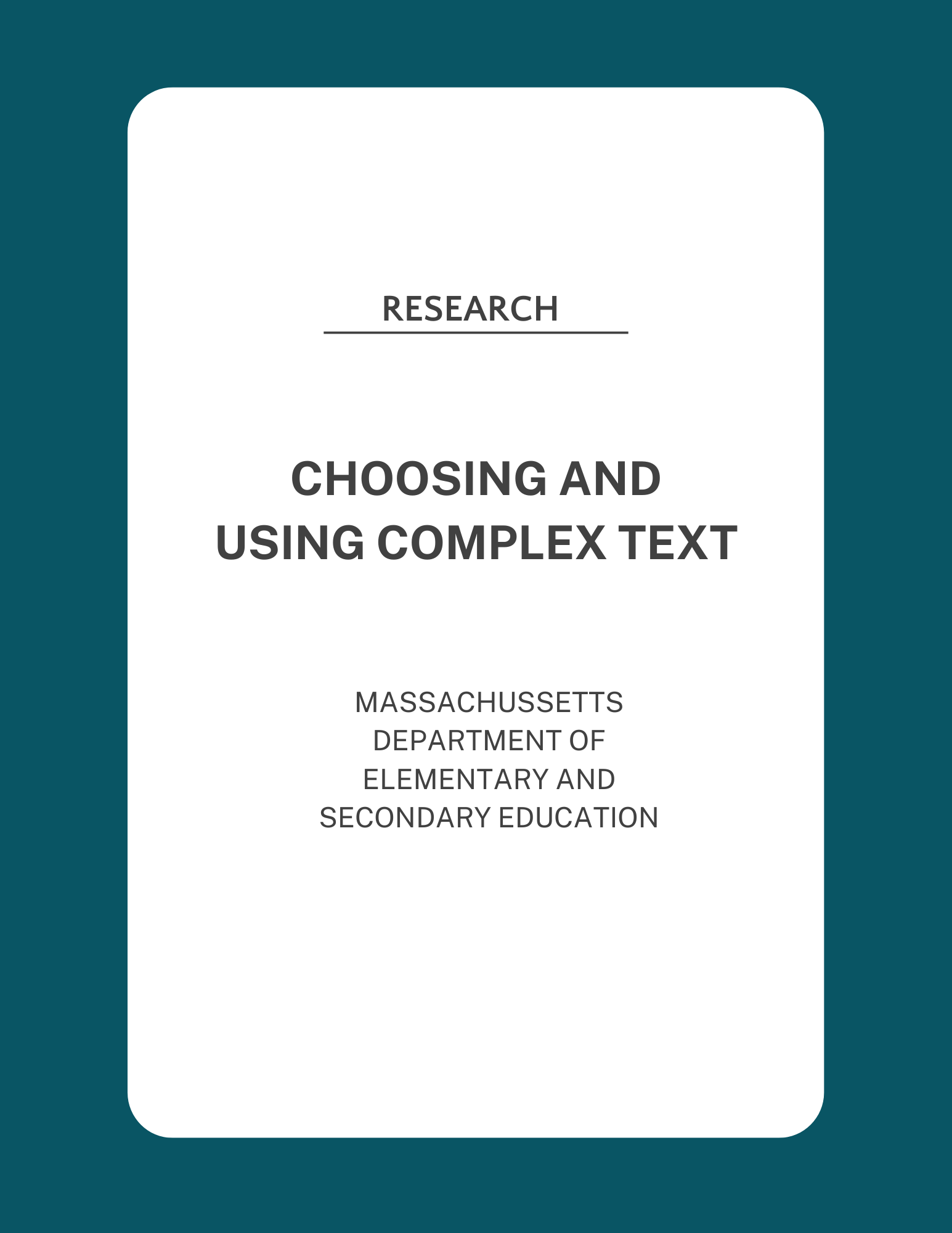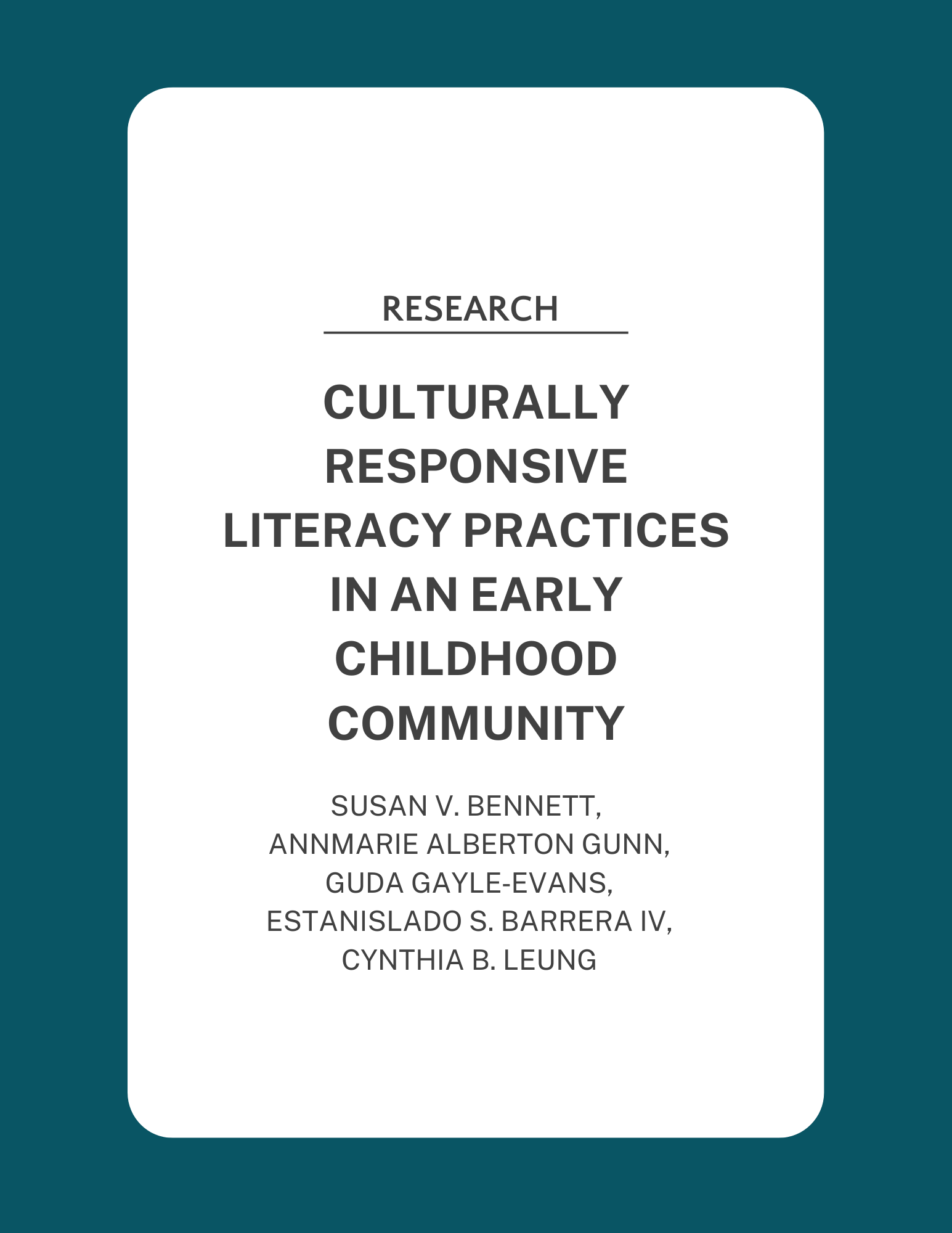Research
“Literacy is a fundamental human right. It is an instrument of empowerment to improve one’s health, one’s income, and one’s relationship with the world.”
- UNESCO
The Science of Reading is “a vast, interdisciplinary body of scientifically-based research about reading” that serves as a framework for how to develop proficient readers and writers (The Reading League). In 2000, the National Reading Panel Report identified "the big five" essential components of effective reading instruction: phonemic awareness, phonics, oral reading fluency, vocabulary, and comprehension. Scarborough's Reading Rope is a visual representation of how these multiple strands work together and lead to skilled reading.
The word recognition strand of the reading rope, often referred to as foundational skills, is taught in grades K-2, whereas language comprehension, such as vocabulary and knowledge-building, is much more complex and develops over a reader’s lifetime. While some students learn how to read through broad instruction, explicit and systematic instruction is necessary for most. Research shows that almost all students are capable of learning to read when they receive research-based instruction.
Education Advisory Board. Narrowing the Third-Grade Reading Gap - Embracing the Science of Reading. pg. 7.
Highlighted Research
Literacy leaders are learning, sharing, and acting on literacy research and evidence-based instructional practices to ensure all students become strong readers.
Three resources helping to guide the work:
Research Recap: Early Reading Accelerators: This resource from Student Achievement Partners highlights the research for early literacy as well as the crucial content necessary for proficient reading.
Foundational Skills to Support Reading Comprehension: This guide provides education practitioners with four concrete, research-backed recommendations for implementing foundational skills reading instruction that will positively impact students' reading growth.
Science of Reading Comprehension: This article from The Reading Teacher, written by Nell Duke, Alessandra Ward, and P. David Pearson, summarizes the research on reading comprehension and shares key elements for effective reading comprehension development.
Here is a sampling of readings leaders have explored.
Use the search menu below to access research by categories.
Curriculum and Coaching: Maximizing our Investments in Teaching
This viewpoint by Sharon Walpole shares a theory of change on how adoption of high quality instructional materials coupled with effective teacher coaching and systems can lead to achievement.
Research Supporting Foundational Skills in Reading
This document provides definitions and additional resources to refer back to for foundational concepts in the Science of Reading research in the form of an annotated bibliography.
Choosing and Using Complex Text
This website page from Massachusetts DESE shares multiple research studies demonstrating the importance of students engaging with complex text on a daily basis and includes information about culturally responsive practice, building vocabulary and knowledge, and leveraging linguistic assets for multilingual learners.
How Schools Can Support Older Students Who Lag in Reading
This article details ways to support older students who struggle with reading with a focus on teaching foundational skills and improving literacy.
Love & Literacy: A Practical Guide to Finding the Magic in Literature (Grades 5-12)
This is a comprehensive book with research-based best practices, video clips of effective teaching, and a comprehensive Reading and Writing Handbook to empower educators.
Does Social Studies Build Stronger Readers? A New Study Suggests So
The Thomas B. Fordham Institute study shows that an extra 30 minutes of social studies is linked to better reading comprehension for elementary students. The research underscores the importance of background knowledge and subject-specific vocabulary in reading development.
Speech to Print: Language Essentials for Teachers
This is a textbook on explicit literacy instruction that incorporates recent research and expanded guidance for educators to teach structured literacy effectively to K-12 students.
Know Better, Do Better: Teaching The Foundations So Every Child Can Read
What do children need to become successful early readers? This book is a guide to structured literacy and teaching foundational reading skills, and it includes resources for classrroom instruction.
Prioritizing Dual Language Learner's Language Comprehension Development to Support Later Reading Achievement
This research article from Handbook on the Science of Early Literacy focuses on bilingual students (Dual Language Learners/DLLs) and emphasizes that supporting DLLs in building well-developed word-reading skills and sustained language comprehension can help lay the foundation for reading achievement.
Phonemic Awareness Instruction Helps Children Learn to Read: Evidence from the National Reading Panel's Meta-Analysis
This article synthesizes the results of two meta-analyses on phonemic awareness and phonics instruction. Through the examination of 52 studies, phonemic awareness instruction positively impacted students ability to read in all settings such as individual, small group, and classroom settings.
Culturally Responsive Literacy Practices in an Early Childhood Community
To reflect and affirm culturally diverse students' identities and experiences, early childhood educators must provide learning opportunities that celebrate all communities. Educators identified five frameworks for fostering an environment that allows for culturally responsive teaching. Centering this framework in the research, this article offers advice on implementing this pedagogy in order to provide all students with a holistic and rich education.
The Science of Reading: Making Sense of Research
This article discusses the importance of education practioners becoming knowledgable of key reading research. Building an understanding of the research and developing the appropriate tools/questions for analysis will help teachers and leaders apply research and put it into practice in order to meet their students' needs.














